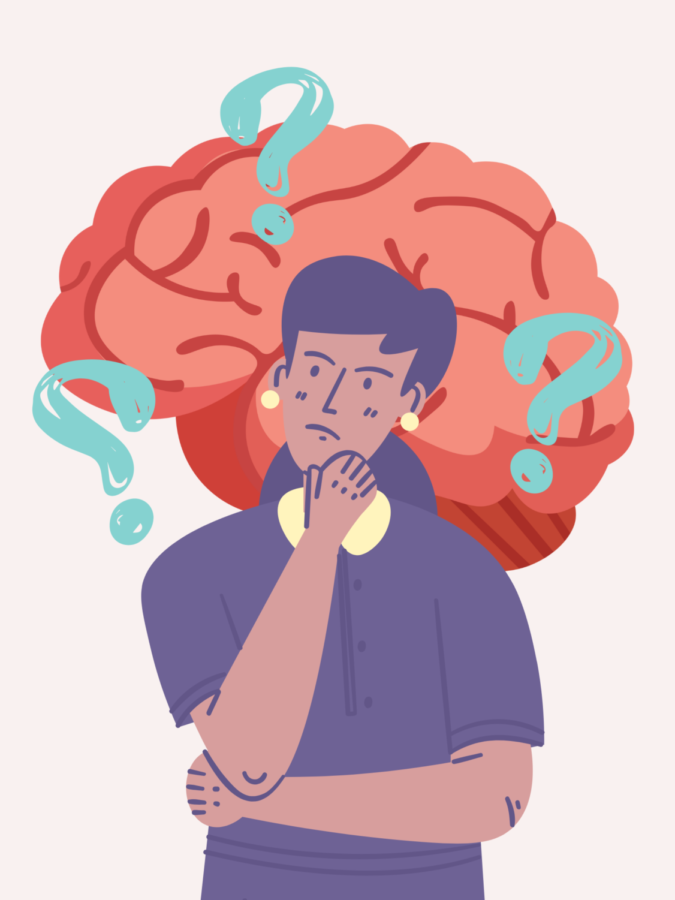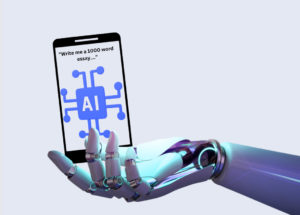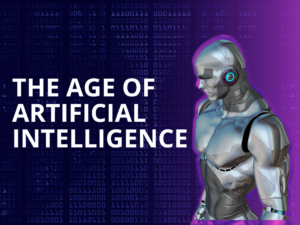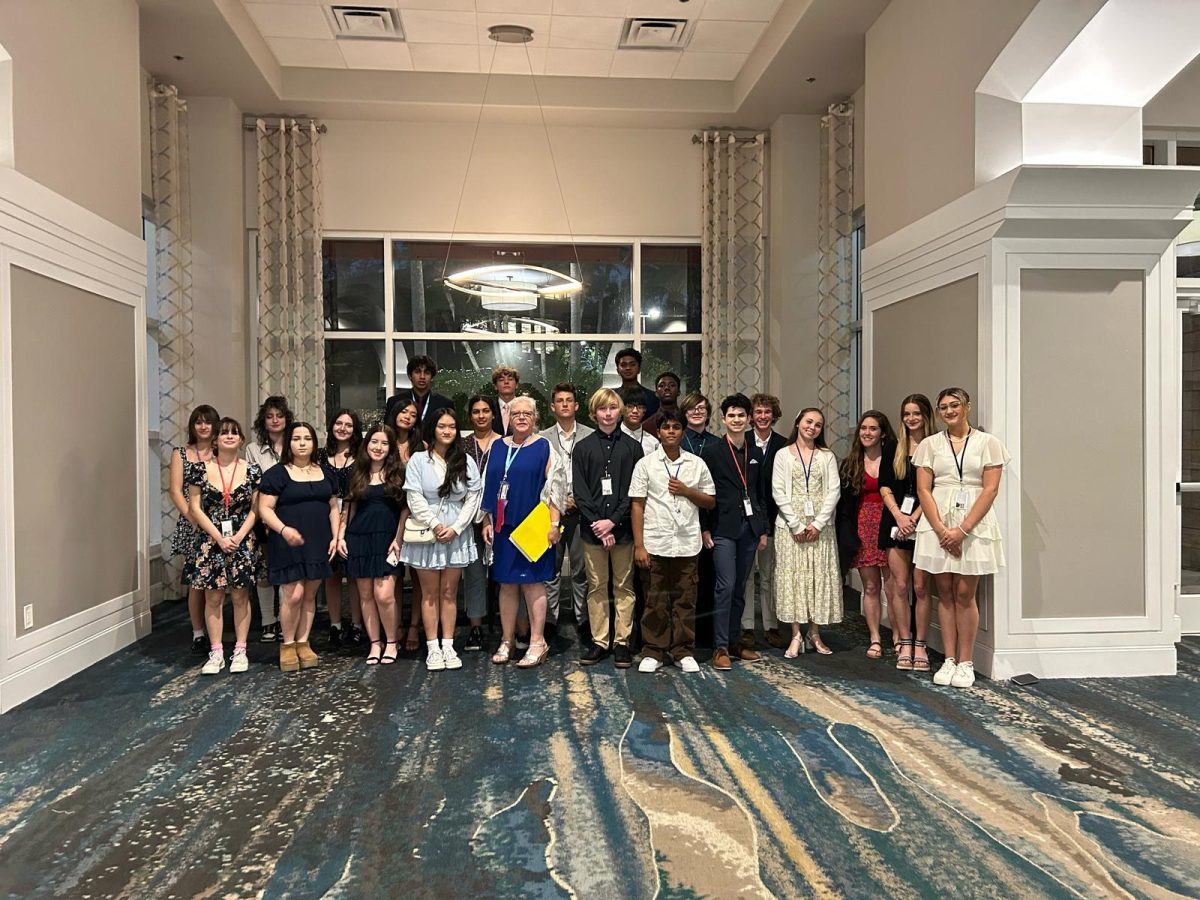AI Is No Match for the Authenticity of Human Intelligence
AI will never be able to surpass the human brains true thinking capabilities.
Photo Ariana Smith
A Canva graphic depicting human intelligence at work.
May 17, 2023
With the increasing use of AI in everyday life, human intelligence is slowly losing its appeal; however, the human brain offers many thing that AI lacks. Human intelligence involves using a method of trial and error to learn from mistakes made during one’s life. Intelligent thought and intelligent behavior lie at the core of Human Intelligence, although, Artificial Intelligence falls behind in this respect because machines cannot think. AI can create new solutions based on patterns and data, analyzing vast volumes of data to make sense of what already exists, but that’s the extent of it. Human intellect, however, goes beyond this due to its capacity for common sense, genuine creativity and adaptability.
Every human being has common sense, which is acquired through experience and curiosities over the course of our lives. However, one of the fundamental limitations of AI, in its current state, is its lack of commonsense intelligence.
“AI systems today can converse with us to order a book, find a song, or vacuum our floors, but they do not have the common sense to know that we read books for learning and for pleasure, that music relaxes us, and that tidy homes are more enjoyable,” said Yannis Yortsos, dean of the USC Viterbi School of Engineering.
AI cannot absorb knowledge as deeply as human beings due to their lack of common sense intelligence. A system that has solely been taught a set of words will only be familiar with those words and their relationships, not their actual meanings.
Although artificial intelligence is quickly advancing, it can never match human creativity. Human intelligence allows us to come up with original ideas and see things from new perspectives. A system that only accepts input, carries out mathematical operations, and then puts it on display cannot be said to be truly creative. While some may argue that AI can create art via machine learning algorithms, it is not genuine creativity since AI can only replicate creativity by deriving patterns and artistic styles from previous human masterpieces.
“The creative process involves coming up with new ideas. Although AI can generate unique content, the content is largely based on variations of pre-existing works, particularly those programmed into it during the training process,” said Artur Haponik, CEO and Co-Founder of .addepto.
This creative deficiency is due mainly to the fact that machine learning is not yet at the point where it can recognize beauty or significance outside of data sets and patterns. An algorithm can only do what it has been trained to do, so as of right now, they can only mimic rather than reproduce the genuine human imperfection that inspires creativity.
Artificial Intelligence has advanced a long way from being a science fiction component to reality, but it still often only has the ability to carry out pre-programmed tasks. However, human brains are capable of going beyond data and patterns, which is why humans are so remarkably adaptive. Every day, we create memories, pick up new information, or hone our talents. We learn rapidly and easily pick up new skills, whereas for AI systems, this is a real challenge.
Humans have always managed to thrive in a constantly changing world by finding ways to adapt, but AI systems will need significantly longer to adjust to new situations.
In general, only humans possess the ability to learn, comprehend, and then use newly learned information in conjunction with logic and reasoning. While AI has done a fantastic job of mimicking intelligent behavior, it has not yet been able to copy human mental processes and still has a long way to go before it can equal the capability of the human brain. It is human intelligence that seeks to ask “why” and considers “what if” through critical thinking. Human intelligence will always be one step ahead with their capability to be flexible because when it comes to thinking outside the box or improvising on the spot, AI just simply isn’t capable.












